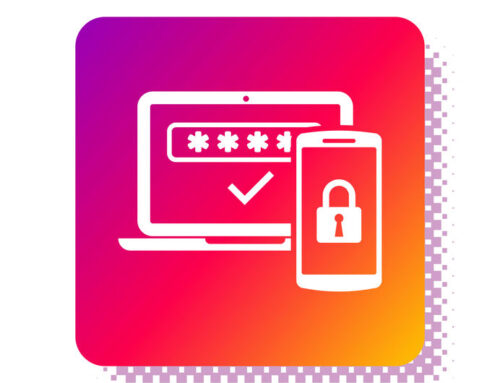We have written many blog posts on the dangers of cyber hackers and cyber scams. The subject takes up a large percentage of what we post, because it is the most critical topic regarding the protection of our clients’ security. The following are tips gleaned from two recent articles on zdnet.com, “Online Security 101: Tips for Protecting Your Privacy from Hackers and Spies” and “12 Most Common Phishing Email Subject Lines.” We hope you find them helpful.
- Secure your devices! This is the most critical to ensuring your privacy and your company’s privacy. As far as phones, iPhones encrypt as soon as you lock your screen, but androids need you to shut down your phone. Make sure you also set a secure password. For computers and other devices, keep up to date on software, including your apps. It is also helpful to use Ad-blockers on your computers for more protection.
- Reduce your online footprint. Websites, called data brokers, search the web for your information. Use of sites, such as DeleteMe (at $129/yr) can delete your personal information from leading data brokers.
- practice a big NO to using public WIFI networks. It is better to use your phone as a hotspot for your computer.
- Use strong and unique passwords and change them on a regular basis. You may also want to use a password manager, such as LastPass or iPassword, and set up two factor authentication on everything. You will enter your password and get a code sent to your account to make sure that it is you. Google Authenticator is a good app for this.
- Delete accounts you no longer use to decrease the amount of your private information out there on the web. JustDeleteMe is a good app for that.
- Beware of email subject lines! Cyber criminals are good at using familiar subject lines in emails to trick the user to clicking and downloading malware. According to Barracuda Networks, these are the most common phishing subject lines:
- Request
- Follow up
- Urgent/important
- Are you available? Are you at your desk?
- Payment status
- Hello
- Purchase
- Invoice due
- Re: direct deposit
- Expenses
- Payroll
As you can see, many of the subject lines are designed as if they are from a colleague or boss or that you might lose money if you don’t respond.
You might consider talking to your IT advisor about implementing DMARC authentication as an extra layer of protection for phishing scams. We hope you found these tips helpful. Please contact us with any questions.






